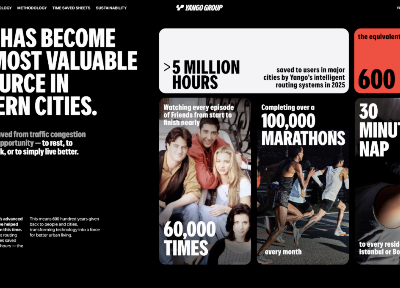Ananse Africa, Mastercard Foundation and Partners Call for Unified Strategies to Unlock 20 Million Jobs
Africa’s creative economy is on course to generate $50 billion in annual revenue and create up to 20 million jobs by 2030, but its full potential is being stalled by severe market fragmentation and a lack of coherent national strategies across the continent. This was the major conclusion of a high-level webinar titled “Canvas to Commerce: Redesigning Skills Building for Africa’s Creative Future”, convened by Ananse Africa in partnership with the Mastercard Foundation, and supported by African Business and Botho Emerging Markets Group.
Despite its rapid expansion, fewer than 15% of African creatives operate on digital platforms—restricting them to small, fragmented local markets and capping their earning potential.
Digital Gaps, Policy Gaps and Untapped Markets
Speaking during the event, Samuel Mensah, Founder of Ananse Africa, said the conversation around African creativity must shift from talent to economic transformation.
“Talent alone cannot scale the required infrastructure,” Mensah noted. “Our data shows a significant policy opportunity. We need to formalize support for this sector. With targeted partnerships and investment, the $50 billion goal is entirely achievable.”
Ananse Africa’s 2023/24 survey of over 7,000 creatives identified key systemic gaps:
1 Market Fragmentation
- Only 15% of African creatives sell on e-commerce platforms.
- Most rely on informal, hyper-local markets that limit growth and cross-border reach.
2 Inclusion Gap
- Only 12 out of 55 African countries have formal creative economy strategies.
- Governments have yet to fully integrate the sector into national economic frameworks.
3 Gender Dynamics
- 70% of creatives using platforms such as Ananse Africa are women, highlighting the sector’s role in gender equity and youth employment.
4 Sectoral Shift
- Fashion, film, gaming, and digital content now employ more youth than traditional manufacturing across the continent.
Urgent Call for Investment and Structured Skill Building
Speakers emphasized that unlocking Africa’s creative potential requires targeted investment, policy alignment, and a stronger enabling environment.
Priority recommendations include:
- Establishing Intermediary Hubs & Incubators
To close the talent-to-market gap by providing practical, industry-aligned skills development.
- Localizing Skills Development
Ensuring African artisanship is preserved, valued and transferred to future generations.
- Formalizing Skills Certification
To boost global competitiveness and standardize quality across creative value chains.
- Strengthening Intellectual Property Rights (IPR)
To protect Africa’s creative and cultural capital from exploitation and ensure fair commercial returns.
Sector Leaders Push for Unified National Creative Strategies
Policymakers, investors, and ecosystem leaders agreed that Africa needs coherent, continent-wide strategies to:
- Formalize millions of informal micro-businesses
- Expand digital participation
- Boost intra-African trade in creative goods and services
- Position African creators for global markets
By aligning public and private sector priorities, the continent could unlock the full value of its creative economy and transform it into a powerful driver of jobs, exports, and inclusive economic growth.































